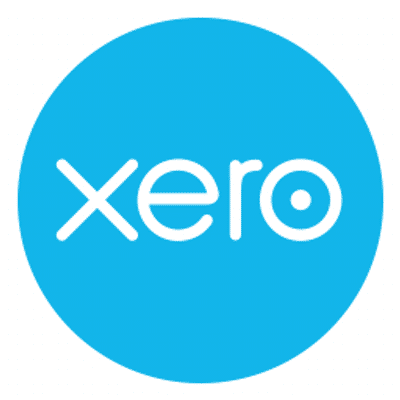Nimble Property is a Accounting Software. Nimble Property offers Tax Management, Spend Management, Purchasing, General Ledger, CPA Firms and many more functionalities.
Some top alternatives to Nimble Property includes Xero, Patriot Accounting, Quickbooks, Freshbooks and Wave.
No, Nimble Property doesn't provide API.
Yes, Nimble Property provides a mobile app.
Nimble Property is located in Hauppauge, New York
Nimble Property offers Quotation Based pricing model
The starting price is not disclosed by Nimble Property. You can visit Nimble Property pricing page to get the latest pricing.

















